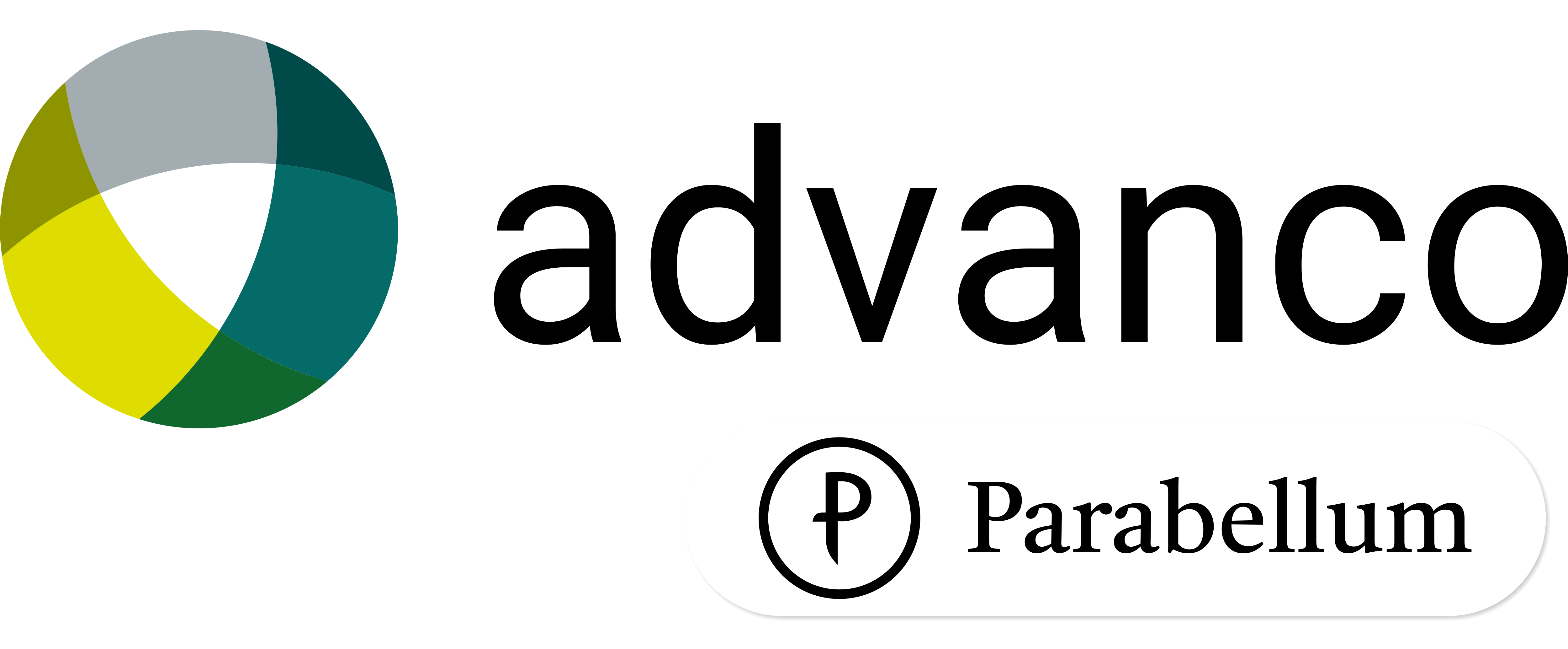Viewpoint: Pharma serialization – a fully managed future
Pharmaceutical firms have been reliant for many years on contract manufacturing organizations (CMOs) to provide some of their essential services like manufacturing, packaging, and distribution.

Indeed, some of these services are so important that without them, pharmaceutical companies would not be able to function properly. They would be seriously hampered in their ability to provide a profitable, streamlined delivery of the essential medicines that people across the world rely upon for a better quality of life.
However, within the pharmaceutical sector, some functions are so complex, so unique, so specialist that a straightforward outsourcing process will not be suitable. Instead, they call for a fully managed structure.
Serialization is chief among these functions. The technology needed to power the intricate operating systems is sophisticated and needs regular updates to keep it functioning at the peak of its power. The people needed to install, teach, and supervise this technology are experts in their field. That is, if you can find them. There is already a shortage of talent – and it will be in even greater demand as the need for serialization services increases because of updated regulatory requirements which are spreading across the globe.
Against this backdrop, many will increasingly look for a fully managed serialization solution. After all, they will be in good company, with reliance on fully managed third parties increasingly becoming the norm for many industries, who, for example, use outside information technology providers, human resources consultants, and accounting experts.
The importance of serialization for the future of pharma
The reasons why serialization is so important to the pharmaceutical sector are countless. However, chief among them is regulation. Pharmaceutical manufacturers are already among the most tightly regulated manufacturing groups on the planet, with the ability to uniquely identify each unit of medicine one of the most important rules they must abide by.
The need for unique identification is currently increasing further across the world. Most recently, traceability legislation has been mandated in the Middle East and North Africa (MENA) to combat the growing problem of counterfeit medicines. If MENA’s pharmaceutical companies fail to achieve compliance, they face being fined, or even getting barred from product launches which could potentially lead to significant business and financial implications.
Serialization is essential for the future of pharma. However, why is outsourcing expected to be the model that companies will adopt?
The argument for serialization as a managed service
Pharmaceutical manufacturers are not serialization specialists. After all, they have never been expected to be experts in this area, especially in parts of the world where serialization is only just becoming an essential requirement.
They have traditionally been left to focus on their “day-job”, i.e., producing the medication that the world needs. They simply do not have the bandwidth to think about the nuances of serialization, an incredibly complex function, one involving costly technology, operated by people with an encyclopedic, in-depth knowledge of multiple, intricate functions.
One way around this might be to hire experts who can run an in-house serialization function. However, it is not as simple as this. Where are these experts going to come from?
There is a shortage of people with the necessary experience and the up-to-date knowledge of the latest systems, and the people who are out there will usually be looked after very well – so much so that they are unlikely to be actively looking to move to another firm. Many pharmaceutical firms will find it incredibly difficult to recruit enough people in the first place, let alone ensure they are armed with the latest knowledge and technical insights demanded by this sector which is constantly evolving.
Managed service in practice
The managed service model is one that is tried and tested across multiple industries. Large consulting companies offer a managed service in many areas, including software, reporting, audits, and multiple operational areas.
In a similar manner, the managed service model for pharmaceutical serialization could include the installation of the latest serialization software, incorporating an interface to other systems, which is supported by 24/7 support. It can also incorporate essential governance and compliance reporting.
An outsourced serialization function can even be set up to go one step further and directly run and operate key packaging machines alongside the actual core serialization process.
There is an attractive value proposition for this structure. Not only does it leave pharmaceutical firms to concentrate on their core business, but it also enables them to benefit from economies of scale. After all, third-party serialization firms invest in the latest technology on behalf of their clients, and employee the serialization experts who are actively shaping the future of the entire sector.
In a similar vein, it reduces the total cost of ownership (TCO) for the pharmaceutical firms. To purchase the necessary equipment, technology, knowledge, and experience needed to set up a serialization function will be an expensive task – especially when you consider this is just the start of the process.
Technology is constantly changing. Within a year or so it could quite easily be redundant, resulting in a need for more expense and disruption to ensure systems are fit for purpose. Likewise, people need to be constantly learning about the latest developments within serialization – all of which removes resources and finances away from the core function of producing cost-effective medicines.
The likely customers
Potential customers for third-party traceability services form a large group, simply because the managed service model provides a solid value proposition in so many ways.
Manufacturers with low volume serialization requirements will want to consider it, largely because it will often prove to be the most cost-effective method. The outlay of buying the in-house equipment and expertise needed may not be financially viable if the volume of products is low. In a similar way, any firm looking to reduce their TCO will want to consider a managed service option.
Those firms who are new to serialization will also want to consider a managed service model, leaving them free to concentrate on manufacturing their products. Those who are expanding into other territories will also want to consider third parties who can scale up and down according to business requirements.
Conclusion
The managed service serialization model will come – it is just a matter of when.
The benefits of managed service serialization make solid business sense to pharmaceutical manufacturers, big or small, new, or old. These pharmaceutical firms all have one thing in common – they all face huge changes in the coming years, leaving them in an even greater need to concentrate on their core business practice.
However, without serialization services, pharmaceutical firms will not have a business. Therefore, because serialization is such a specialist area, the obvious conclusion – one that is cost-effective and provides a solid business proposition – will often involve calling in the outside experts and entrusting the entire process to them.
Click here to view the original article by Security Industry



